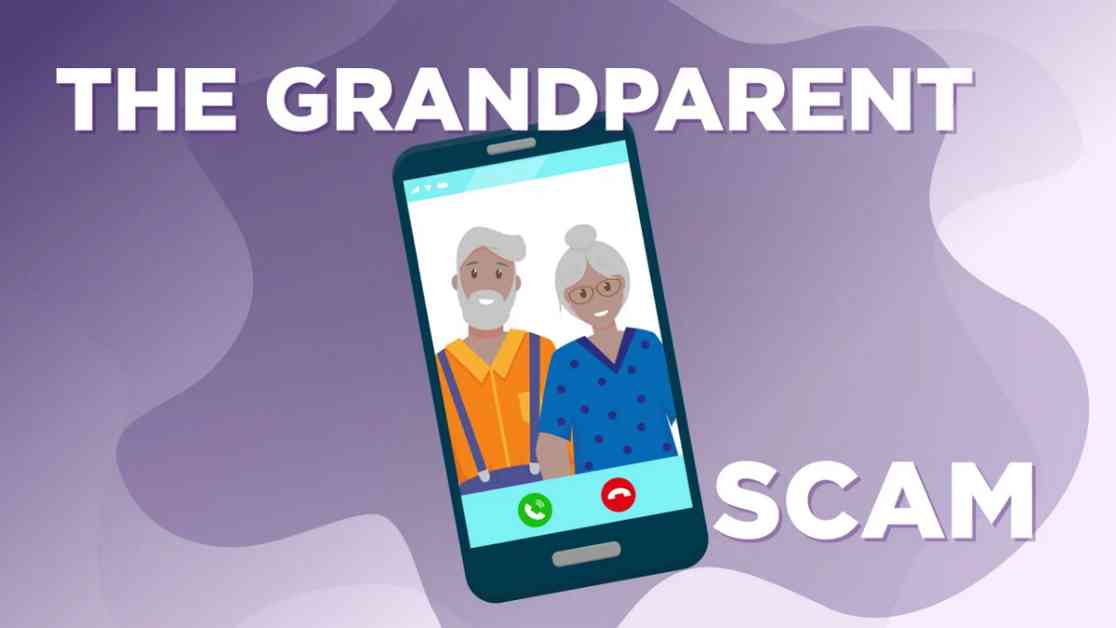The Grandparent Scam: A Cautionary Tale of Deception and Fraud
In a recent development that has sent shockwaves across the nation, the Justice Department has unveiled an indictment charging 25 Canadian nationals with perpetrating a vast “Grandparent Scam” that targeted elderly Americans in more than 40 states. This elaborate scheme, which unfolded from summer 2021 to June 4, 2024, involved the defendants posing as distressed grandchildren, attorneys, or bail bondsmen to deceive seniors into handing over money under false pretenses.
The Federal Communications Commission (FCC) sounded the alarm on March 7, 2025, cautioning consumers about the sophisticated robocalls that fueled this widespread fraud. The perpetrators manipulated real personal information gleaned from social media or purchased data to establish trust with their victims, employing tactics such as spoofing numbers, utilizing AI to mimic voices, and coercing individuals into making payments through various means like wire transfers, gift cards, or mobile apps.
The FCC’s Consumer and Governmental Affairs Bureau highlighted the evolving strategies employed by scammers in this insidious ploy, emphasizing the importance of staying vigilant in the face of such deceptive practices. As the indictment reveals, the culprits exploited a combination of fear and affection to manipulate their targets, often imposing a veil of secrecy by instructing victims not to disclose the transactions to anyone.
One particularly distressing aspect of this scam was the involvement of couriers who would physically collect cash from seniors’ homes, leaving many vulnerable individuals financially devastated in the aftermath. From California to Maine, the repercussions of this fraudulent operation were felt far and wide, underscoring the need for increased awareness and proactive measures to combat elder fraud.
Protecting Yourself: Tips from the FCC
Amidst the prevalence of scams targeting the elderly population, the FCC has issued a series of recommendations to help individuals safeguard themselves against fraudulent activities. These include verifying the authenticity of calls by reaching out to loved ones directly, seeking counsel from trusted sources, and resisting the urge to comply with demands for unusual forms of payment like gift cards.
Moreover, the agency warns that voices can be replicated and numbers can be manipulated, urging individuals to exercise caution and report any suspicious communications through the designated channels. By raising awareness and empowering consumers to recognize the signs of potential scams, the FCC aims to stem the tide of financial exploitation targeting older Americans.
Justice Department’s Response: A Call to Action
In a concerted effort to combat the escalating threat of elder fraud, the Justice Department has taken decisive action against the perpetrators of the Grandparent Scam, amplifying its efforts to prosecute those responsible for preying on vulnerable individuals. Through coordinated initiatives and strategic interventions, law enforcement agencies are working diligently to dismantle criminal networks and hold wrongdoers accountable for their actions.
As the case unfolds, it serves as a stark reminder of the pervasive nature of financial exploitation and the critical need for enhanced safeguards to protect seniors from falling victim to such schemes. By staying informed, remaining vigilant, and reporting any suspicious activity, individuals can play a pivotal role in combating fraud and upholding the integrity of our financial systems.
David M. Higgins II is an award-winning journalist passionate about uncovering the truth and telling compelling stories. Born in Baltimore and raised in Southern Maryland, he has lived in several East Coast cities and now serves as the Publisher/Editor of a local publication.


















